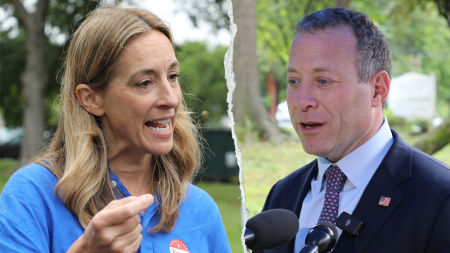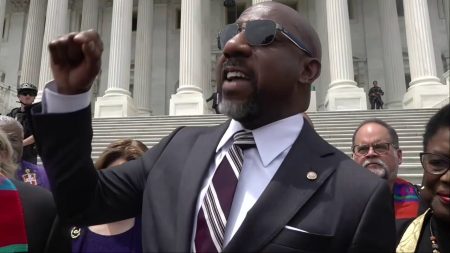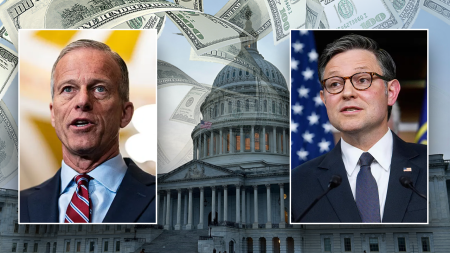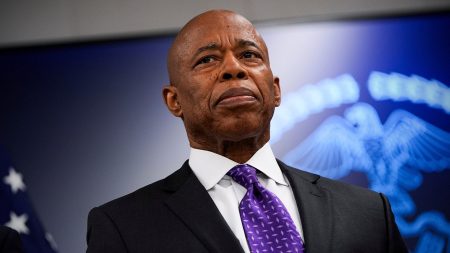House Democratic Leader Hakeem Jeffries issued a statement in support of President Joe Biden issuing pardons for individuals who have faced aggressive prosecutions for nonviolent offenses. Jeffries highlighted the impact of these prosecutions on working-class Americans in areas such as Appalachia, Urban America, and the Heartland. He called on President Biden to exercise compassion and issue pardons on a case-by-case basis during his final weeks in office. Jeffries emphasized the need for liberty and justice for all in this moment.
President Biden’s decision to issue a sweeping pardon for his son Hunter Biden has received criticism from both Republicans and Democrats. The pardon covers offenses committed by Hunter Biden from January 1, 2014, through December 1, 2024. Some members of Biden’s own party, such as Sen. Michael Bennet and Colorado Gov. Jared Polis, have expressed disappointment and concern over the pardon. Bennet accused the president of putting personal interest ahead of duty, while Polis warned that the pardon could tarnish Biden’s reputation.
The controversy surrounding Hunter Biden’s pardon has sparked a discussion about the implications of presidential pardons and the perception of fairness within the justice system. Some Democrats, like Rep. Dean Phillips, have criticized President Biden for prioritizing his family over the country with the pardon. Phillips expressed concern that the precedent set by this decision could be abused by future presidents, further undermining the credibility of the justice system and the rule of law.
Republicans have seized on the opportunity to criticize Biden’s “no one is above the law” claim in light of the Hunter Biden pardon. The GOP has pointed out the irony of the president’s assertion in the context of pardoning his own son. Some have suggested that Biden’s actions have aged poorly and do not align with the principles of justice and accountability that he has espoused. The pardon has reignited debates about the limits of presidential authority and the potential for abuse of power.
As President Biden faces backlash over the Hunter Biden pardon, he must navigate the political fallout and address concerns about the perception of favoritism and privilege. The decision has raised questions about the role of family relationships in presidential decision-making and the ethical considerations that should guide such actions. Moving forward, Biden will need to carefully manage the repercussions of the pardon and work to rebuild trust in his administration’s commitment to fairness and transparency in the justice system.
In conclusion, the controversy surrounding Hunter Biden’s pardon has underscored broader issues related to justice, equity, and the rule of law in American society. Democrats and Republicans alike have voiced criticism and concern about the implications of President Biden’s decision and its potential impact on public trust in the justice system. As Biden completes his final weeks in office, he faces the challenge of addressing these criticisms while upholding his commitment to compassion and justice for all. The fallout from the Hunter Biden pardon serves as a reminder of the complexities and controversies that can arise in the exercise of presidential authority and the importance of maintaining public confidence in the integrity of the justice system.










